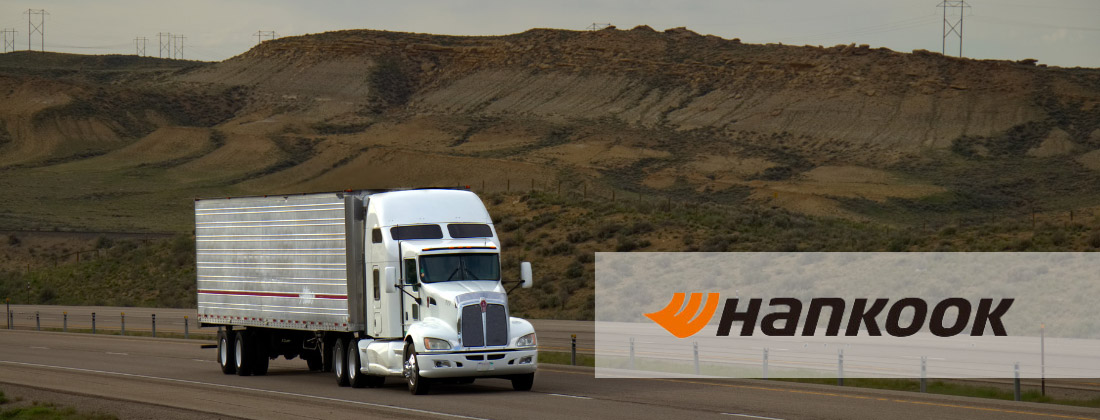
Hankook tires have been in the commercial vehicle sector for more than 13 years. The company launched the distribution of nine tire options, divided into the following groups: medium- and long-distance, mixed (on and off-road), and severe applications.
Hankook tires’ primary function is to give vehicles, especially buses and trucks, stability, security, toughness, and comfort. To deal with poor road conditions and excessive vehicle use, these factors are crucial.
For the long-distance market, Hankook offers tires in its market models for different vehicles travelling more than 130,000 kms annually and more than 500 kms every trip. These variations are utilized at faster speeds and under better road traffic conditions.
Currently, the brand’s focus is on metropolitan markets. The models under Hankook commercial tires can be used for this. Both are advised for vehicles that operate exclusively on town circuits with numerous stops and starts and cover less than 150 kilometres per trip and 50,000 kilometres annually.
Hankook Tire Co., Ltd. is a tire manufacturer and retailer. It operates in the Tire and Other Businesses tire sector. Tires for cars, trucks, buses and other commercial vehicles are made and sold by the business.
The business was founded on September 1, 2012, and its headquarters are in Seoul, South Korea. Due to excellent business methods and a drive for technological expertise that offered everyone a competitive edge in terms of product quality, Hankook Tire also astonishingly advanced alongside Korea.
After the completion of two of the nation’s largest highway projects, Hankook Tire saw growth in the transportation sector. They were the first in Korea to create tubeless, radial, and winter tires for passenger vehicles.
As its quality improved globally, Hankook Tire made a significant achievement in exporting tires to Asian countries nearby.
The size and specification are important factors in commercial vehicle tires. You must be aware of the precise type of tire your car needs to function properly if you want to prevent needless maintenance.
Understanding each of the many characteristics that set one commercial vehicle tire apart from another is vital to guaranteeing that your fleet stays operating and out of the repair shop.
You will see a string of numbers and letters on the sidewall of every commercial truck tire. When choosing their commercial truck tires, fleet managers need to be aware of the many characteristics that each number and letter denotes, such as:
Tire Type: Either a “P” or an “LT” will be the first letter in the series. If there is an “LT” at the end, the tires are designated for light truck usage, and if there is a “C,” the tires are designated for commercial use.
Cross-Sectional Width: The next three numbers represent the tire’s cross-sectional width in millimetres. The width is determined by dividing the distance between the widest point on the inner and outer sidewalls by two.
Aspect Ratio: This is usually shown by two digits preceding the forward slash in the series and shows the distance of the sidewalls on the outside of the tread to the rear wheel.
Construction: An “R,” “D,” or “B” indicates the type of tire construction. The letters “R” and “D” denote radial tire design, bias ply tire construction, and belted tire construction, respectively.
Size and Diameter: The next two digits represent the size and width of the tire and wheel in inches.
At Ward Tire Edmonton, North Central Edmonton, we provide a wide selection of excellent Hankook commercial tires in various sizes for various models. You can check your vehicle’s owners manual to select the best type of commercial tires.